Our latest titles
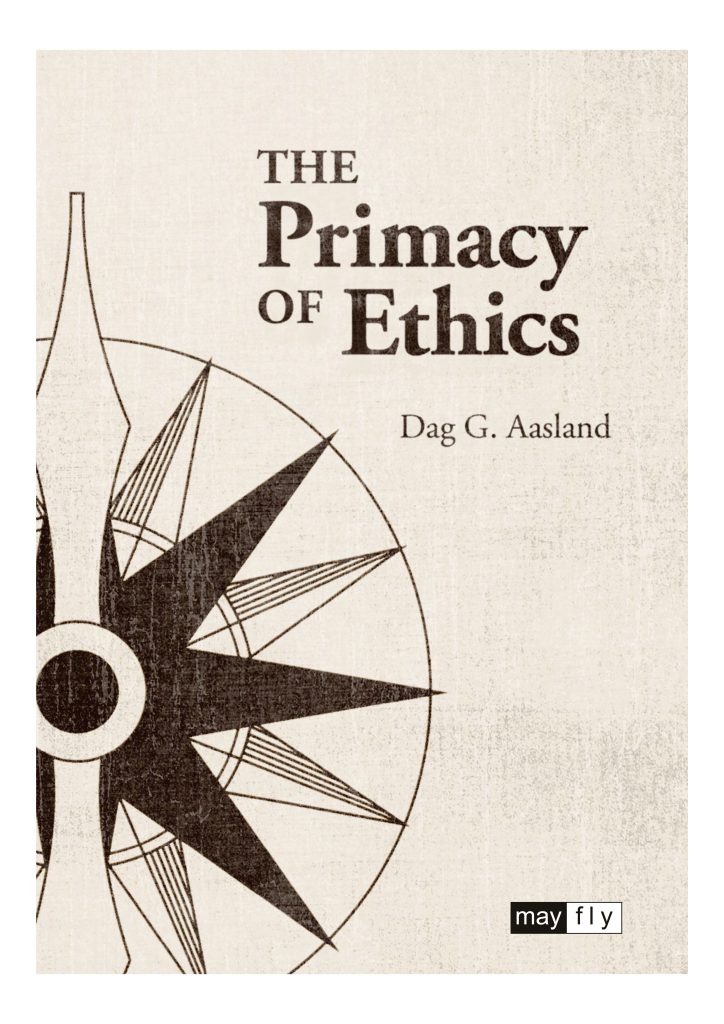
The Primacy of Ethics
Dag G. Aasland
New insights into the early development of the brain and the emergence of consciousness challenge many of our preconceptions about the connection between body and mind. This book explores the implications of this knowledge, revealing how a fundamental ethic is inherently embodied in each of us before any words are formed.
The examination of the primacy of ethics in this book reveals that ethics precedes not only all words but also establishes the necessary foundation for the thinking subject. As thinking and acting humans, we exist within an interpersonal context, and basic ethics emerge through interactions with others. The book illustrates how narratives bind us together, correcting and supplementing a rational language that, when used unilaterally, can create distance and even work against its intended purpose.
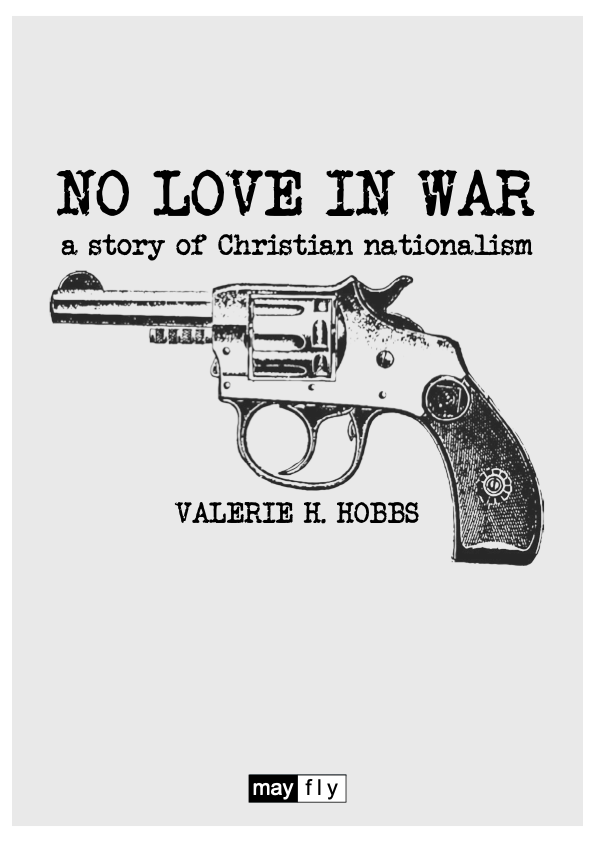
AUDIOBOOK: No Love in War: a story of Christian Nationalism
Valerie H. Hobbs
We are excited to announce that the Open-Access audiobook version of No Love in War by Valerie Hobbs – is being released in weekly episodes of each chapter. Click on the cover or the link above to listen to the trailer and more.
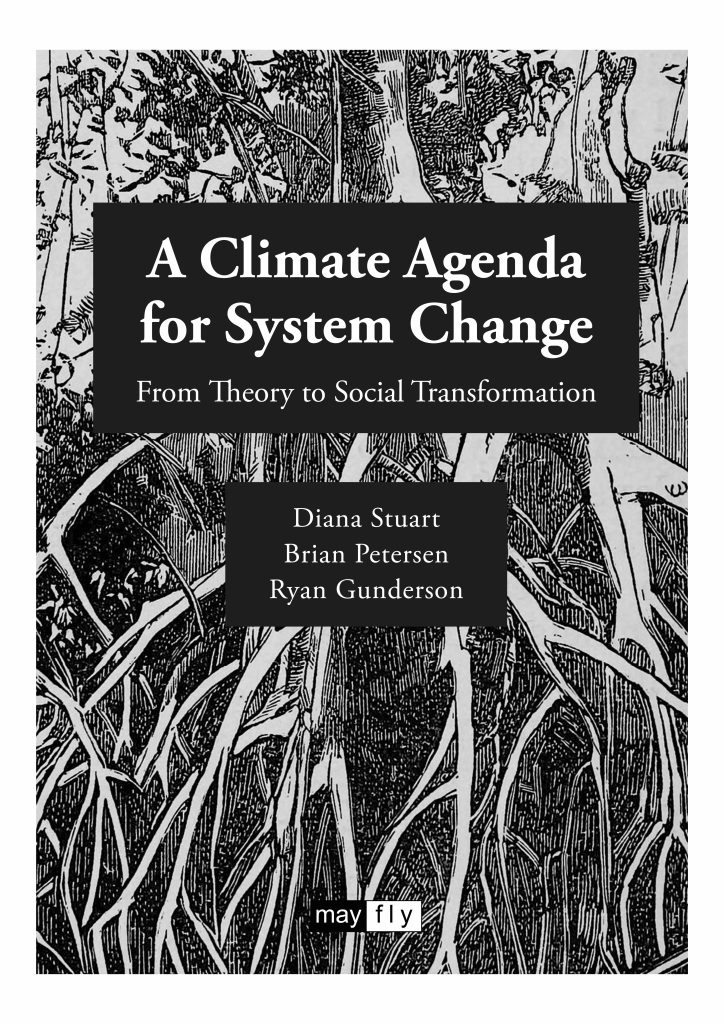
A Climate Agenda for System Change: From Theory to Social Transformation
Diana Stuart, Brian Petersen, and Ryan Gunderson
While calls for “system change” to address the climate crisis have become more common, it is important to identify what system change should entail and why. This book examines what a climate agenda for system change might include and why these policies and programs are critical to minimize global warming and enhance social wellbeing. While our current trajectory involves maintaining the status quo and relying on future technologies to mitigate climate change, a system-changing agenda has the potential to more rapidly, effectively, and justly minimize warming. Drawing from ecosocialism and degrowth, the authors identify key agenda items and why they should be prioritized. The book then focuses on how system change might take place, identifying obstacles and challenges, and motivations for persevering despite opposition.

No Love in War: a story of Christian Nationalism
Valerie H. Hobbs
This book is an auto-ethnographic account of the everyday realities of life without love, among those who pursue war. It documents the ways that Dominionist theologies (the recovery of a theocratic state, with Christians in key positions of influence in all institutions) manifest in interpersonal relationships, resulting in manipulative, often violent misogyny, racism and homophobia. It follows the disordered and erratic trajectory of a woman’s life – the author’s life – moving through three concentric circles of influence in the Dominionist movement, from extremist middle to outer, softer rim, focusing in particular on the New Apostolic Reformation, Christian Reconstructionism and Neo-Calvinism in the United States.
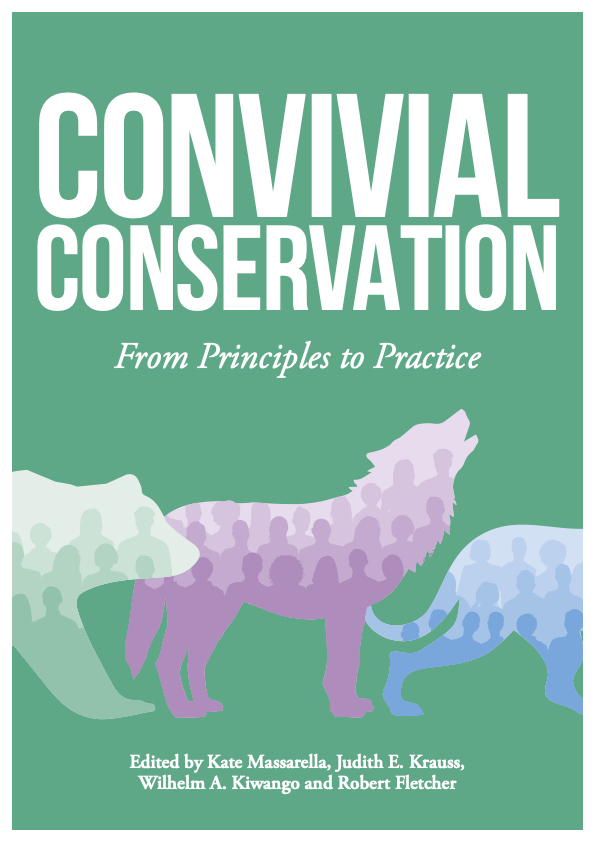
Convivial Conservation: From Principles to Practice
Kate Massarella et al (eds.)
Drawing on a rich mix of perspectives and case studies centering on human-wildlife interactions, the authors demonstrate the potential for transformation in biodiversity conservation that supports human-wildlife coexistence.
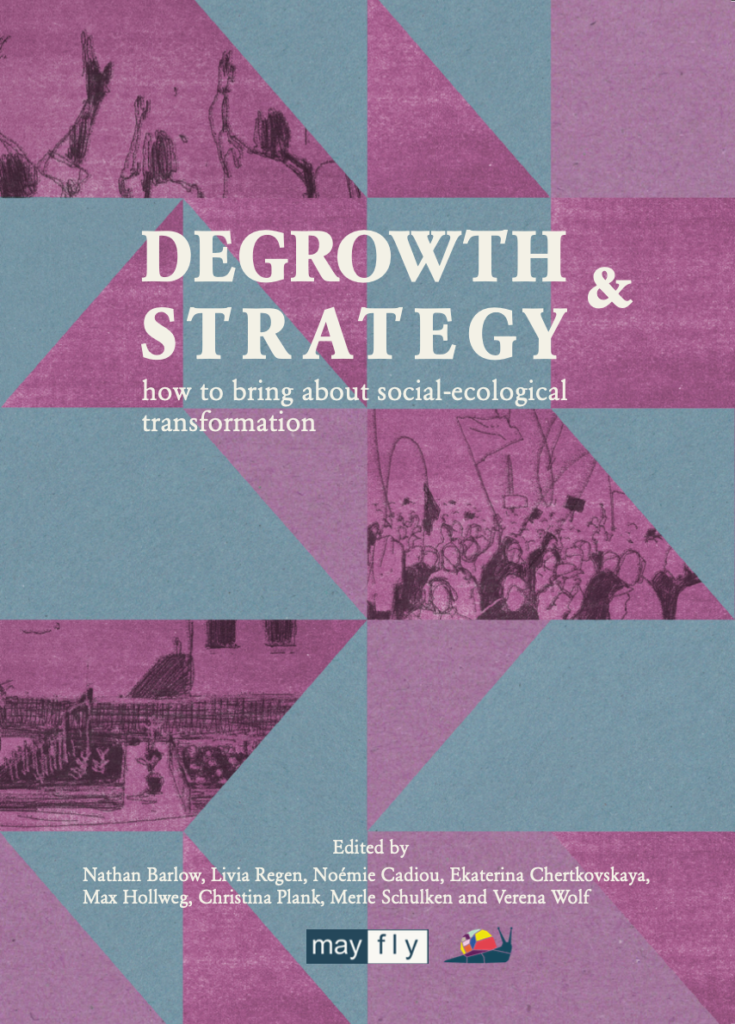
Degrowth & Strategy: how to bring about social-ecological transformation
Nathan Barlow et al (eds.)
Degrowth is a counter-hegemonic movement that has the ambitious aim of transforming society towards social and ecological justice. But how do we get there? That is the question this book addresses. Adhering to the multiplicity of degrowth whilst also arguing that strategic prioritisation and coordination are key, Degrowth & Strategy advances the debate on strategy for social-ecological transformation. It explores what strategising means, identifies key directions for the degrowth movement, and scrutinises strategies in practice that aim to realise a degrowth society. Bringing together voices from degrowth and related movements, this book creates a polyphony for change going beyond the sum of its parts.
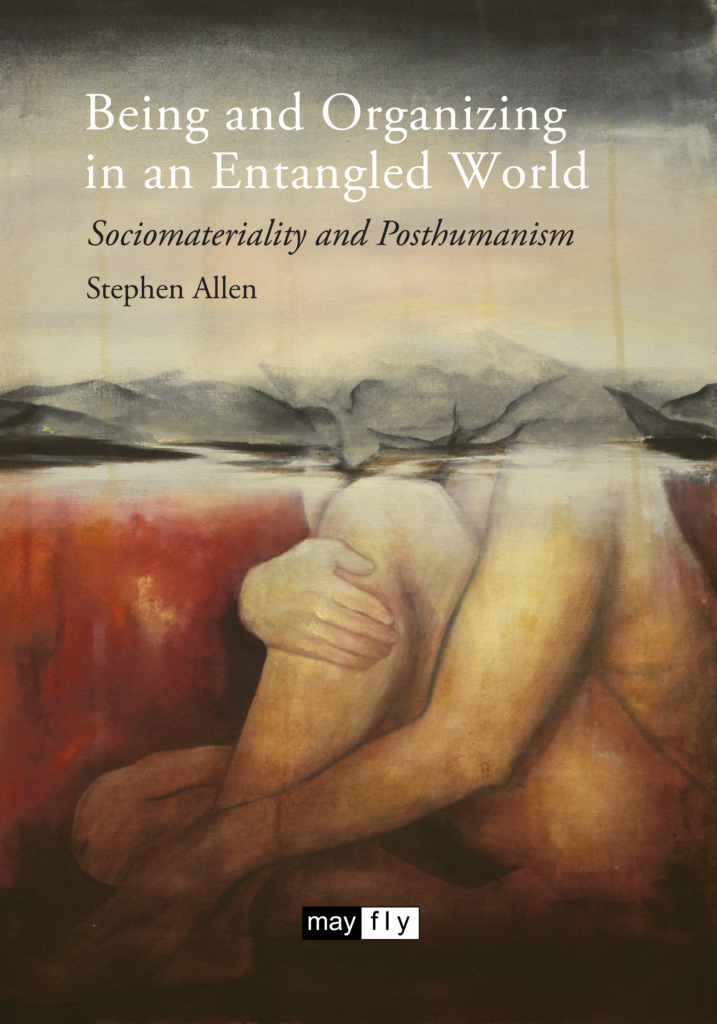
Being and Organizing in an Entangled World: Sociomateriality and Posthumanism
Stephen Allen
In the face of ecological emergencies, this book explores and experiments with the meanings and implications of being and organizing in a relational world. From a position of vulnerable optimism, it attempts to engage in accessible ways with the typically inscrutable ideas of sociomateriality and posthumanism. The perspective of entanglement that is developed, and associated dilemmas considered, involve searching for possibilities of giving voice to voiceless more-than-human others. This book is about prompting imaginings of possibilities for responsible being and collective flourishing that can be hopeful for us all.
